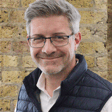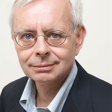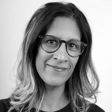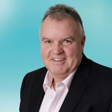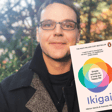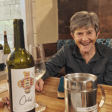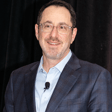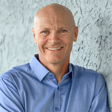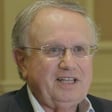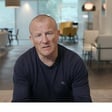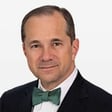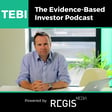
TEBI podcast 51: Helen Arthur on art as a new rural lifestyle
In the 11th of a series of 12 TEBI episodes looking at meaning and money during later careers or second lives, Jonathan Hollow talks to a self-trained artist who has made a mid-life new life for herself on the Welsh borders.
Many people dream of painting for a living, but Helen Arthur has made it happen. She describes her success as modest financially, but she is highly focused on her own artistic goals, and on those terms she has achieved contentment alongside success. She is fascinatingly articulate about how she pursues those goals, and how she's moved from a place of safety to artistic experimentation, always seeking new ways to capture the glories of the Welsh landscape that looms outside her house.
This podcast series has been developed with financial planning firm Mulberry Bow. Based in London, they offer a highly personalised service to around 150 individuals and families. Robin Powell and Jonathan Hollow are very grateful for their enthusiastic support for "Second Lives”.
Transcript: https://www.evidenceinvestor.com/second-lives-civil-servant-artist/ --
Helen’s website: https://www.helenarthur.art/ —
Helen’s “Kitchen Table Creatives” newsletter: https://kitchentablecreatives.substack.com/ --
Mulberry Bow financial planners: https://mulberrybow.com/ —
Jonathan Hollow and Robin Powell's book "How To Fund The Life You Want": http://tinyurl.com/how2fund --
